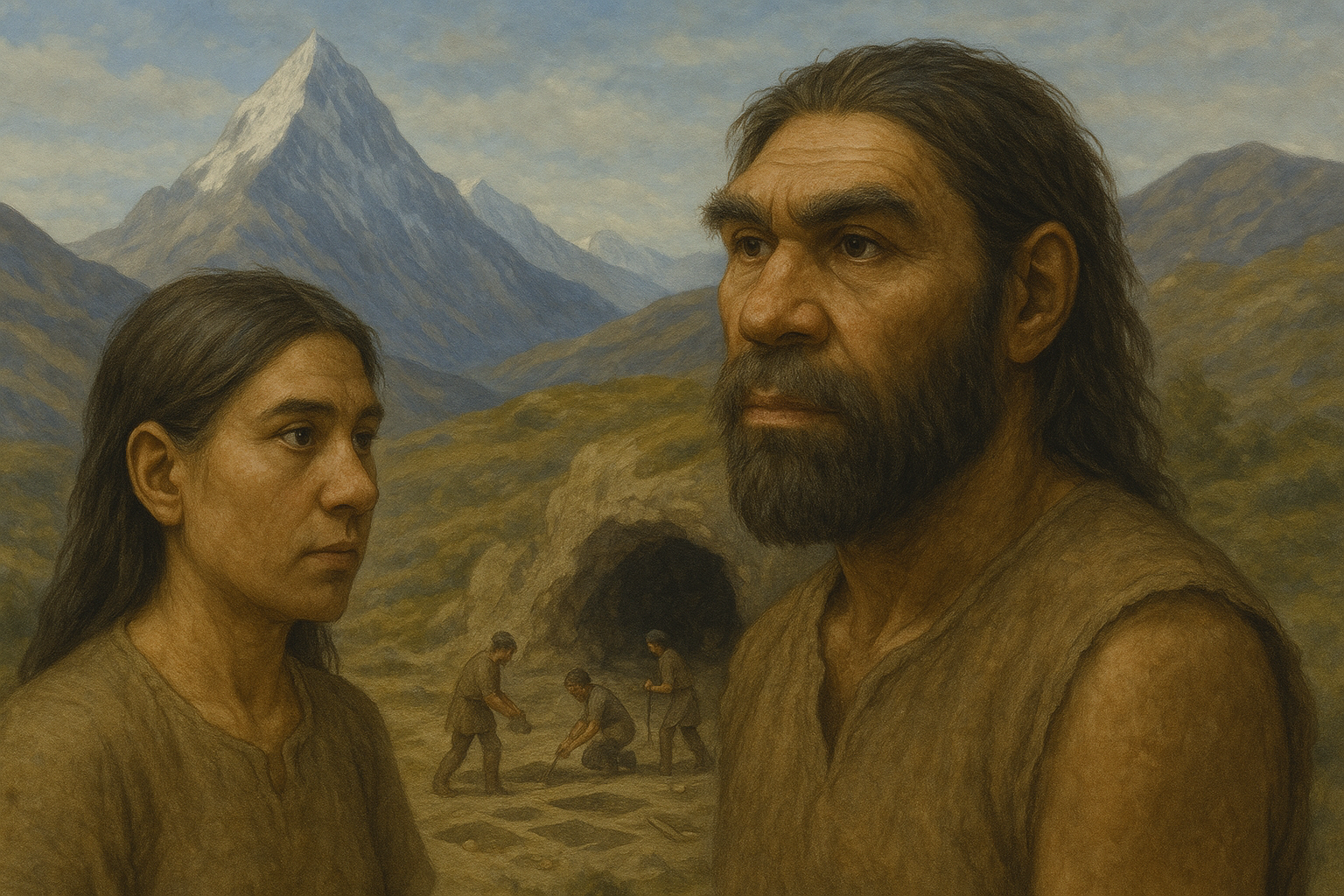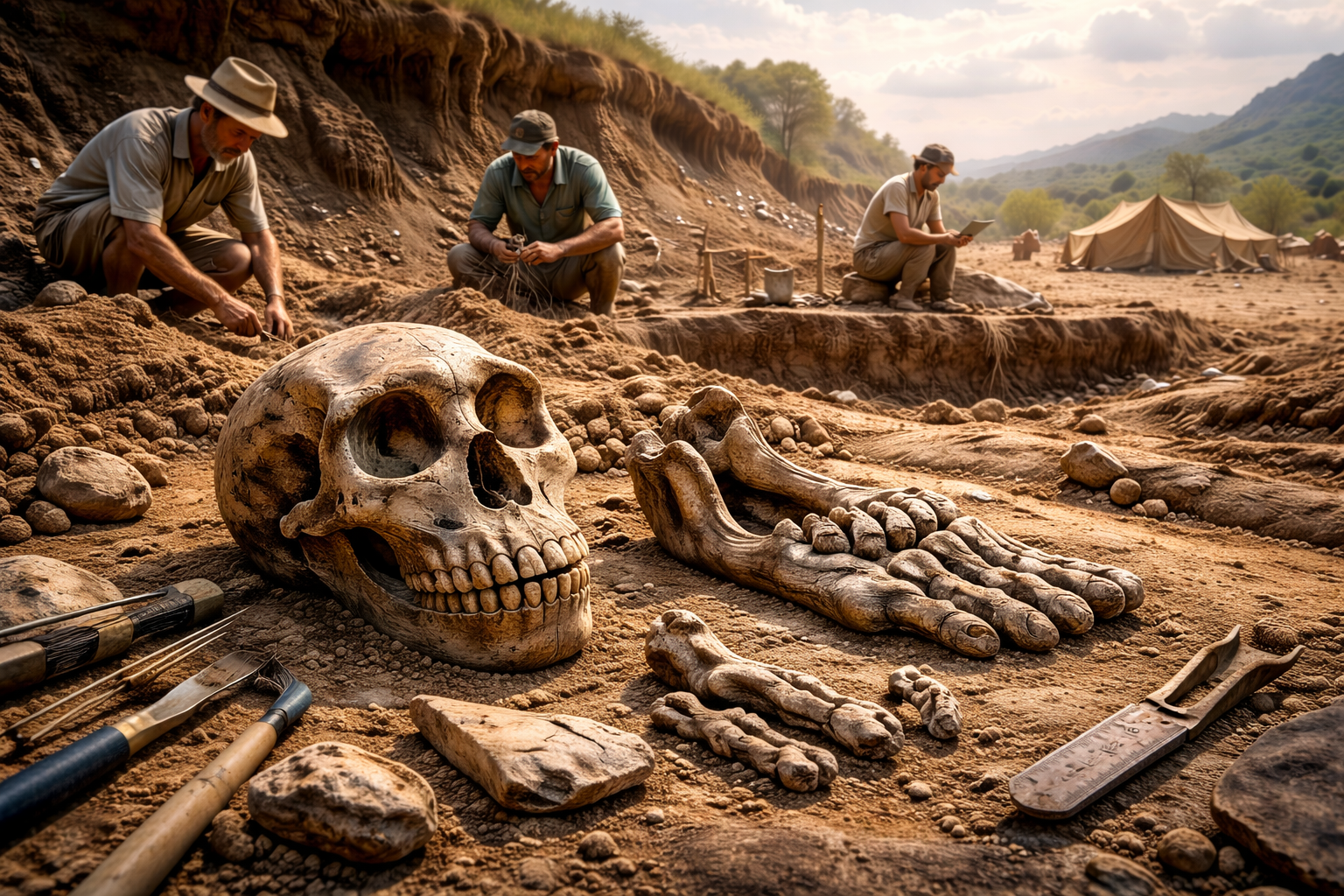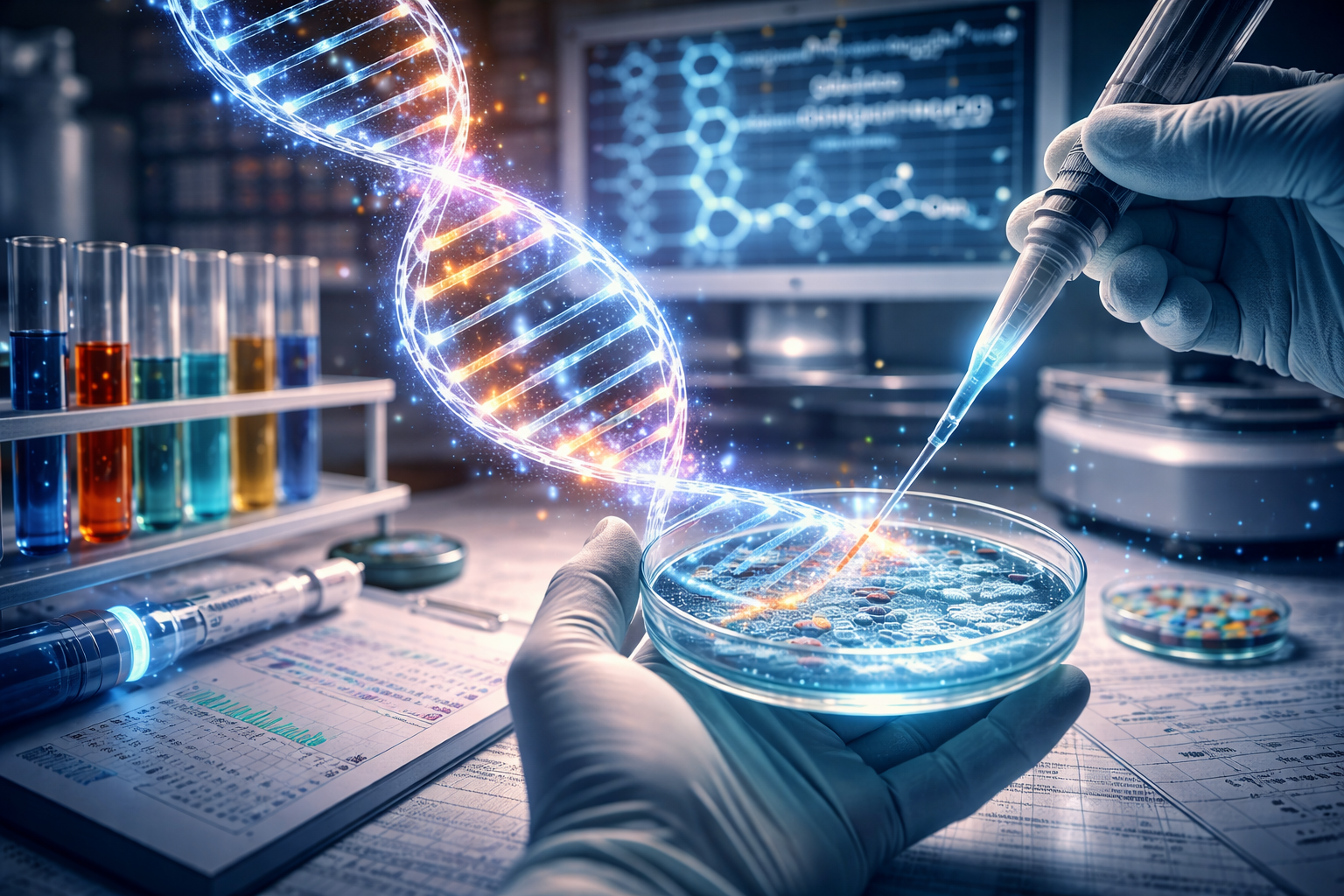MYSTERIOUS DENISOVANS AND THEIR OVERLAP WITH MODERN HUMANS ON THE TIBETAN PLATEAU
‘Speech may have helped us evolve to talk'
Yoko Tajima et. al., Nature Communications, Feb 18, 2025
• Scientists have identileda gene that may have played a role in the emergence of spoken language in modern humans, or Homo sapiens.
• The gene, called NOVA1, carries instructions for a protein that plays a crucial role in brain development by binding to and regulating genetic material called RNA in neurons.
• Among other functions, RNA acts as an intermediary to relay blueprints from the genome to protein-construction sites inside cells. Although other mammals also have the NOVA1 gene, modern humans carry a special version in which one building block of the resulting protein is swapped with another. Specilcally, a compound called isoleucine is replaced with valine.
• The researchers analyzed eight genomes from living people as well as four genomes from our ancient human relatives, the Neanderthals and Denisovans. It turns out that neither of those relatives carried the same version of NOVA1 that we do.
• This lnding suggests that the building-block swap in NOVA1 may have benelted H. sapiens by somehow enabling spoken language, and therefore, the trait would have been selected for over evolutionary time because it aided survival. As such, it increased in frequency within the population.
• In the same study, the researchers looked at 650,000 modern human genomes in a database and found that all but six carried the human NOVA1 variant.






